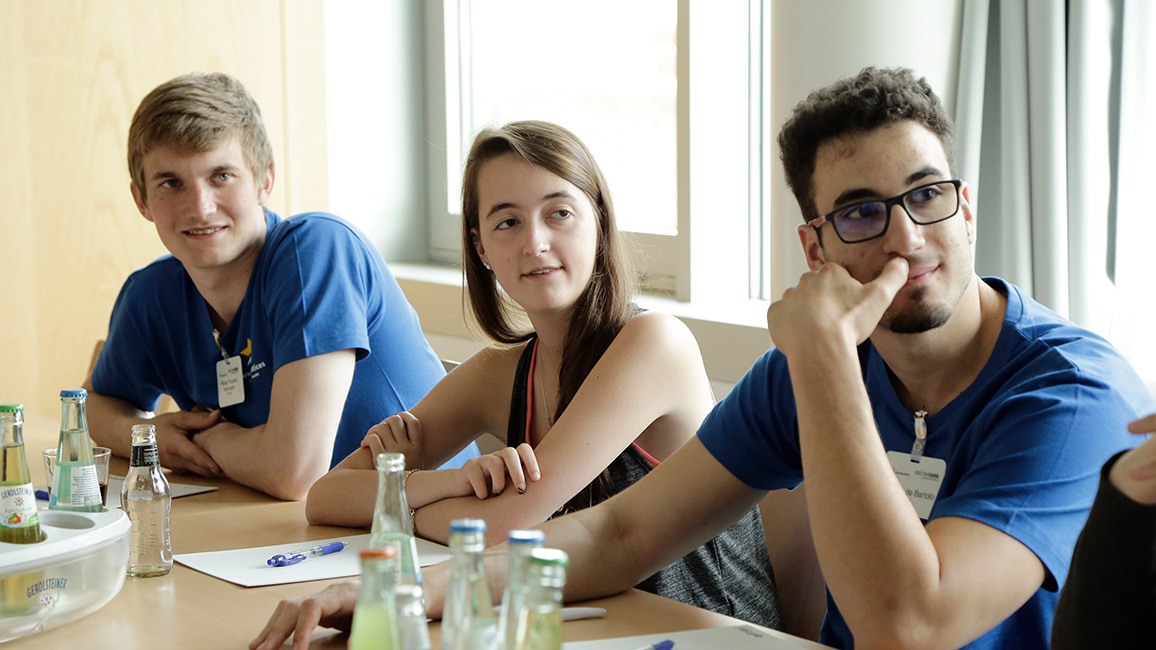Well-qualified young academics are an important prerequisite in sustainably securing research competence, innovative ability and academic training in Germany. The BMFTR recognised this at an early stage and firmly anchored supporting young researchers in the humanities and social sciences in all the funding guidelines of the current Framework Programme, especially the promotion of experienced young researchers after completing their doctorate.
Regional studies
A good example is the funding guideline for regional studies. Its goal is to support the training of young academics by means of international research experience and cooperation, for example, by cooperating in international research groups or research "tandems". In addition, interdisciplinary cooperation between the regional sciences and other disciplines – including the so-called Secondary Subjects – is to be facilitated and reinforced.
Small Disciplines
The funding guideline "Kleine Fächer – Zusammen stark" (Small Disciplines – Strong Together) (Federal Gazette of 02.09.2019) is also designed to promote young researchers. Funding is provided for interdisciplinary research groups working on innovative topics in Secondary Subjects for up to four years. From the outset, the aim has been to develop in-house competencies through early cooperation with other research institutes, to network the scientific community, and to attain synergy effects, for example, through the joint use of existing resources, including digital ones.
Käte Hamburger International Centres & Maria Sibylla Merian Centres for Advances Studies
The "Käte Hamburger International Centres" and the "Maria Sibylla Merian Centres for Advanced Studies" have also been designed from the outset to promote academic talent. In this way, the leaders of the Käte Hamburger International Centres – themselves already professors – are given the opportunity of conducting research on topics of their own choosing together with outstanding national and international researchers. At the same time, the annually changing fellows, who are at different stages of their careers, provide them with inspiration for new research ideas and collaborations.
The same applies to the Sibylla Merian Centres located in different regions of the world. Here, academic talents can advance research in larger transnational work contexts and over a period of more than a decade. An open-topic programme is also intended to create academic freedom for international (junior) researchers.


